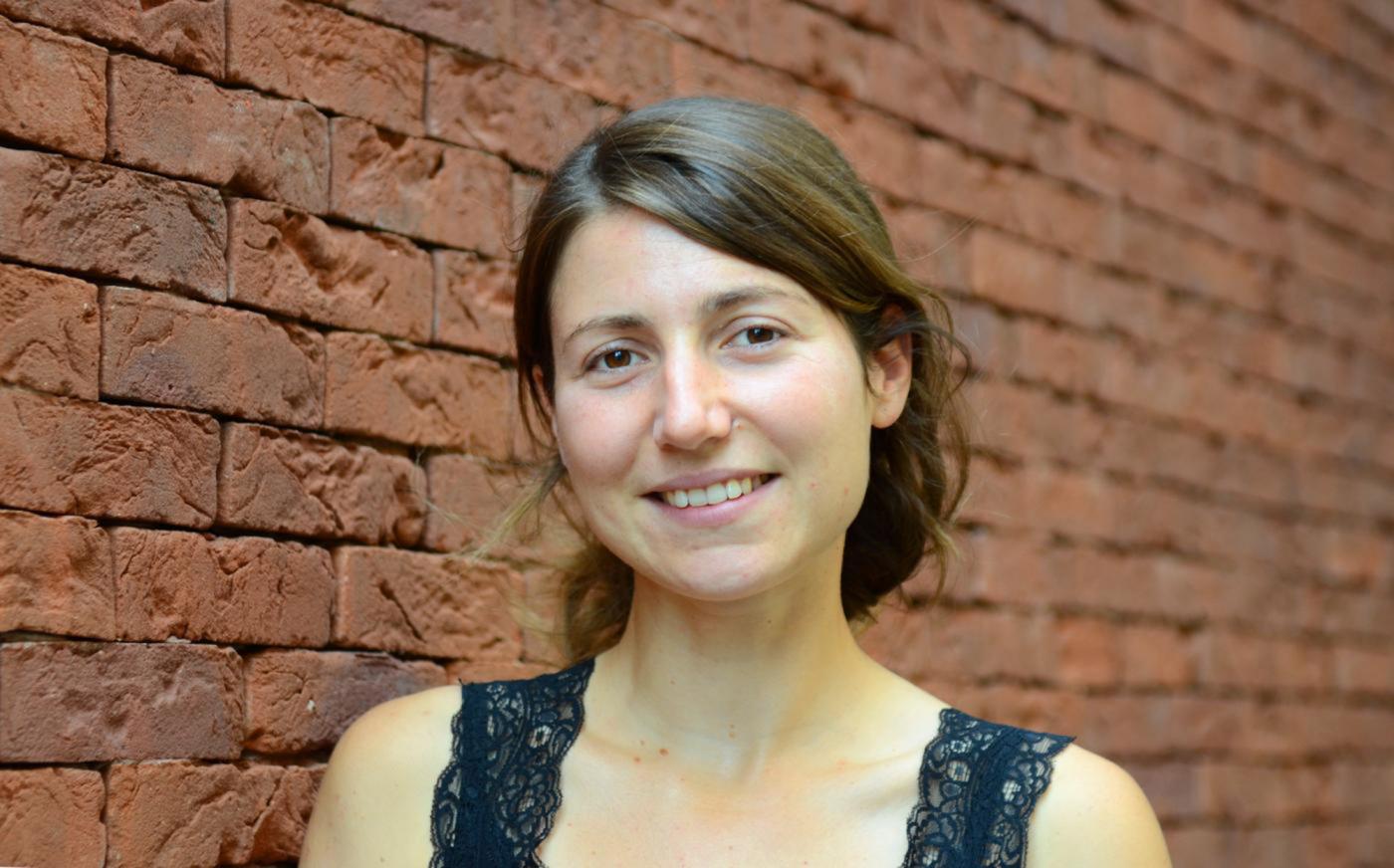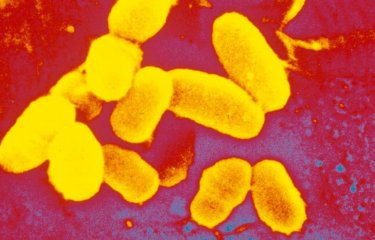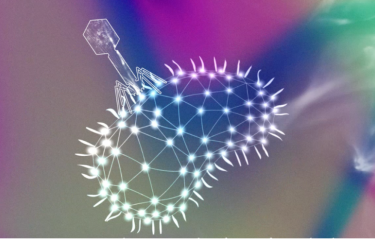Bacteria can be found everywhere on Earth – our bodies for instance are made up of as many bacteria as human cells – and yet these microorganisms, measuring roughly a micrometer, still have many secrets to reveal. Let's look at the career of Mélodie Duval, who has chosen to unlock some of their mystery.
A fascinating but challenging journey
Mélodie speaks with passion about their history and their incredible ability to adapt to any situation. This fascination with bacteria began when she started Strasbourg University.
It was a real eye-opener for her. She discovered science – microbiology in particular – and a kind of independence that suited her perfectly. From then on, things moved quickly. She gained a Bachelor's degree in life sciences, biochemistry and molecular biology, then a Master's and, in 2015, she was awarded a PhD following a noteworthy thesis on a protein involved in the expression of Escherichia coli bacteria genes. It was also during this time that she discovered monitoring and sometimes supervised students older than herself! And Mélodie realized that she also enjoyed relaying and sharing scientific knowledge.
At the Institut Pasteur
When, in 2016, she was offered a postdoctoral fellowship at the Institut Pasteur in the unit directed by Professor Pascale Cossart (Head of the Bacteria-Cell Interactions Unit and Permanent Secretary of the French Academy of Sciences), she didn't hesitate for a second.
She left her home region and found herself among scientists from all corners of the world in this laboratory with its exciting atmosphere:
"We meet up every week and discuss our various research projects in depth. Other people's ideas are always a source of information and inspiration."
The unit focuses on the bacterium Listeria monocytogenes, which is responsible for severe foodborne infections. Mélodie has chosen to focus her research on bacterial resistance to antibiotics. This topic is a major health concern today, as these bacteria are capable of surviving treatment and transmitting genetic adaptation to future generations.
Our scientist’s research has already yielded important findings. In 2017, she isolated and characterized a new lincomycin resistance gene. Lincomycin is a natural antibiotic found in soil.
What next?
Naturally enthusiastic and curious, Mélodie is convinced that bacteria have a major role to play in our society "they are used everywhere, in health and industry, to discover new molecular tools". Her Post-doctorate contract is ending soon and the young woman is now looking for a position in industry, where she can apply her knowledge, or in the academic sector to continue her research, and perhaps even head up her own team one day.
Key dates in Mélodie Duval’s career
2016-2018: Postdoctoral fellowship in the Bacteria-Cell Interactions Unit, Institut Pasteur
2017: Madeleine Lecoq Award (Academy of Sciences)
2011-2015: PhD in Molecular Biology at Strasbourg University






